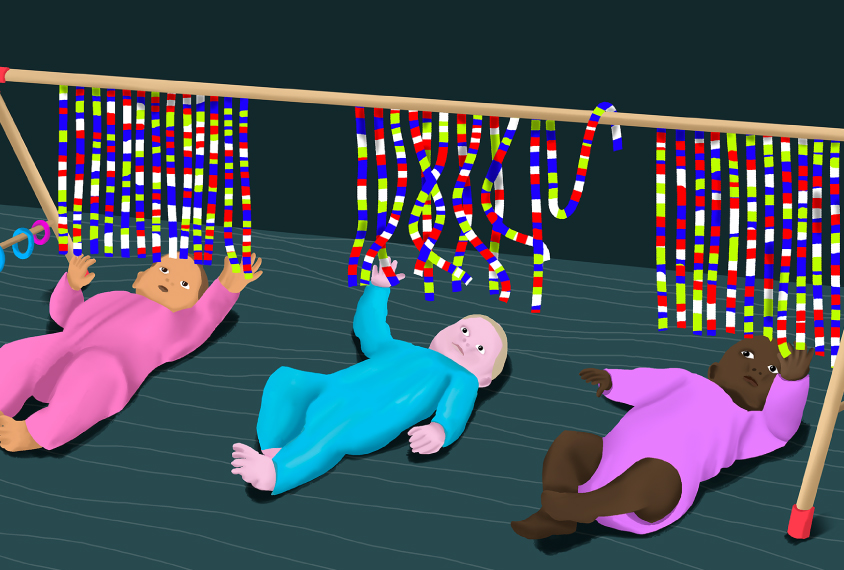Mustafa Sahin is professor of neurology at Harvard University and director of the Translational Neuroscience Center at Boston Children’s Hospital.
Mustafa Sahin
Professor
Harvard University
From this contributor
Studies of tuberous sclerosis may shed light on biology of autism
Tuberous sclerosis provides a unique opportunity to understand autism because about half of people with that single-gene condition also have autism.

Studies of tuberous sclerosis may shed light on biology of autism
Insights for autism from tuberous sclerosis complex
Studying tuberous sclerosis provides researchers with a unique opportunity to find a common pathway among the various genetic causes of autism, says neurologist Mustafa Sahin.

Insights for autism from tuberous sclerosis complex
Explore more from The Transmitter
Organoids and assembloids offer a new window into human brain
These sophisticated 3D cultures reveal previously inaccessible stages of human brain development and enable the systematic study of disease genes.

Organoids and assembloids offer a new window into human brain
These sophisticated 3D cultures reveal previously inaccessible stages of human brain development and enable the systematic study of disease genes.
Who funds your basic neuroscience research? Help The Transmitter compile a list of funding sources
We want to hear from you about the sources of funding for your research.

Who funds your basic neuroscience research? Help The Transmitter compile a list of funding sources
We want to hear from you about the sources of funding for your research.
The future of neuroscience research at U.S. minority-serving institutions is in danger
Cuts to federally funded programs present an existential crisis for the University of Puerto Rico’s rich neuroscience community and for research at minority-serving institutions everywhere.

The future of neuroscience research at U.S. minority-serving institutions is in danger
Cuts to federally funded programs present an existential crisis for the University of Puerto Rico’s rich neuroscience community and for research at minority-serving institutions everywhere.